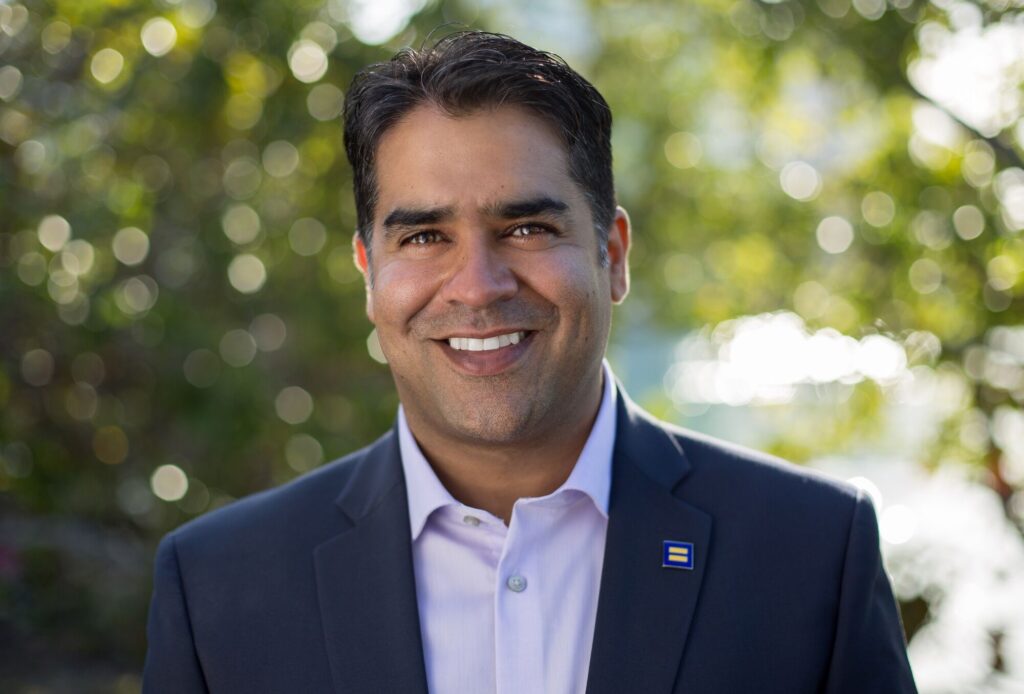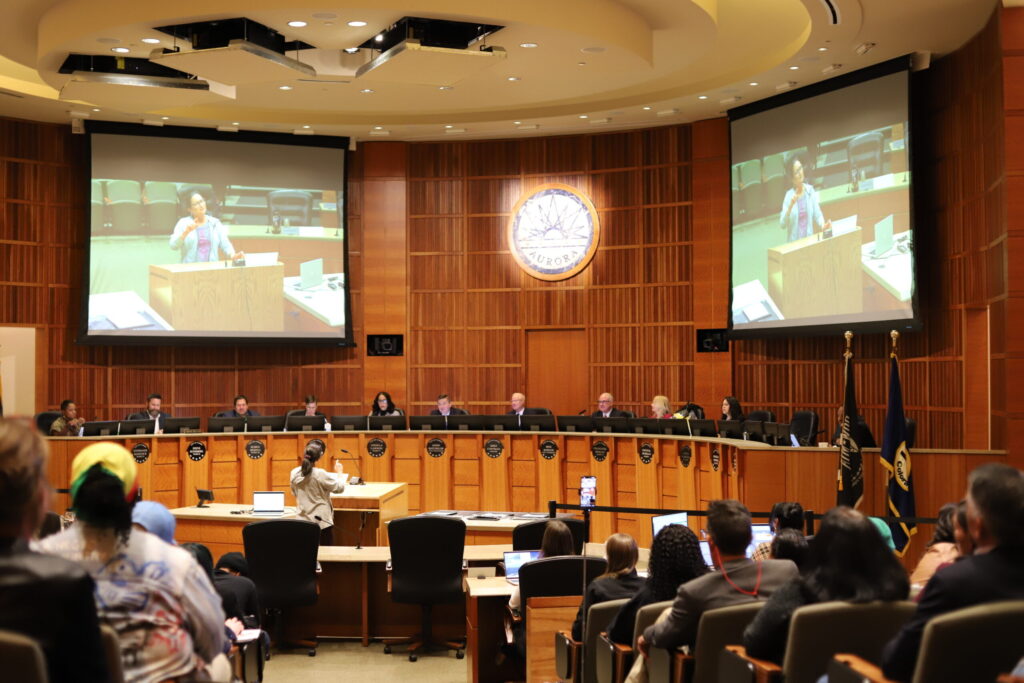Hudson: Education reformers deal with shifting alliances
In the fall of 1957 I was enrolled in Algebra I with Mr. Grzeszkiewicz at Sherwood Junior-Senior High School in Montgomery County, Md., just outside Washington, D.C. (The first 10 points on every quiz was awarded for correctly spelling Mr. G’s name on the top of your exam.) That October the Soviet Union launched Sputnik, a basketball-sized satellite, which emitted an annoying beep every few seconds as it circled the earth. America’s self-confidence was struck a severe blow, nowhere so much as to our collective assessment of the quality of public schools. If the Russians could place a satellite into orbit before the United States did, it was evidence that American schools needed an abrupt and vigorous makeover.
Rather than moving on to Algebra II in eighth grade, we were introduced to the New Math, a merger of set theory and Boolean algebra. There were no proper textbooks for this vaunted new curriculum, so we worked from mimeographed handouts. In retrospect, New Math is regarded today as one of the most colossal blunders of all time. Teachers didn’t understand what they were teaching, students floundered and parents couldn’t help them. Similar complaints are heard today regarding portions of the Common Core curriculum. Fortunately for me, my twin brother was something of a math prodigy, who later submitted the shortest Ph.D. dissertation ever accepted, at eight pages, to Duke University. (That’s what can happen when you unravel a two-century-old mathematical paradox.) He tutored me well enough to earn me a B, but, truth be told, I didn’t understand a bit of it.
Public education in the United States has been subject to fads and the madness of crowds for nearly two centuries, as capably recounted in Dana Goldstein’s recent volume, The Teacher Wars.
“Sometimes I worry we are engaged in magical thinking about the American educational system itself. We hope the federal government can drive reform,” she writes. Yet, ours is a system of “radically decentralized” local control, with just 13 percent of education dollars derived from federal sources. There is no golden age of achievement in American schools we can look to, although I take a perverse pride in graduating the year that SAT scores peaked, during the post-Sputnik emphasis on academic performance.
It has proven tempting to use public schools as a political football. For decades Republican legislators have abused their Democratic colleagues for mediocre academic results — citing dropout rates, poor test scores, the need for remedial classes for many incoming college freshmen and then laying most of the blame for these failures on teacher unions — while Democrats have frequently tried to dodge the moral implications of failing schools. It is certainly true, as Goldstein observes, “[W]e do not provide families with the full range of social supports children need to thrive academically.” And this failure condemns many of our children to lives of reduced possibility. It has often been Hispanic and African-American legislators who first joined with Republicans to begin forcing accountability measures. When it is your child who is attending a lousy school, these issues become personal.
It has only been in the past decade that Colorado Democrats have begun to search for a reform agenda that includes teacher accreditation, performance bonuses linked to test results and charter schools. The downside is that change and improvement does not come quickly. It also exposes many of our suburban schools, which historically received a pass from parents, that aren’t producing results any better than urban districts. As an increasing focus is placed on test results, it has become evident that achievement isn’t simply a “minority problem.” During the past session, we witnessed Republican legislators complaining about over-testing and the need to let “teachers just be teachers.” This has created two competing theories about the appropriate direction for education reform. One emphasizes choice for parents — charters, magnets and specialized curriculums — and the other emphasizes stronger neighborhood schools where every child will find a quality education.
Everyone seems to be a reformer today. As one Colorado educator recently noted, “No one favors the status quo.” Nowhere is this more evident than in the Denver Public Schools board races, where the choice/reform candidates have dominated the school board with an informal alliance forged between African-American and Hispanic Democrats and Republican voters. But these lines are beginning to blur. Some Hispanic parents are starting to conclude that charters are too reliant on lotteries for admission slots and produce no better results than the public schools they are replacing. For that reason, Michael Kiley, who lost two years ago in an at-large race against former Lt. Gov. Barbara O’Brien, could well defeat Lisa Flores in West Denver, assisted by an endorsement from the Latino Initiative.
Similar conflicts have contributed to the school board recall under way in Jefferson County, as well as to ongoing struggles in Douglas County and the Thompson School District in Loveland. As you would expect for local elections, the factors in play differ. While, the 15 charter schools approved in Jefferson County have become a political issue, 71 of 160 programs offered in Denver are now specialty magnets, charters or privately managed non-profits — a tough selection for a burdened, working parent to make, much less navigate. Traditional partisan divides are evaporating as anti-testing, anti-Common Core Republicans join hands with teachers.
Miller Hudson is a public affairs consultant and a former state legislator. He can be reached at mnhwriter@msn.com












